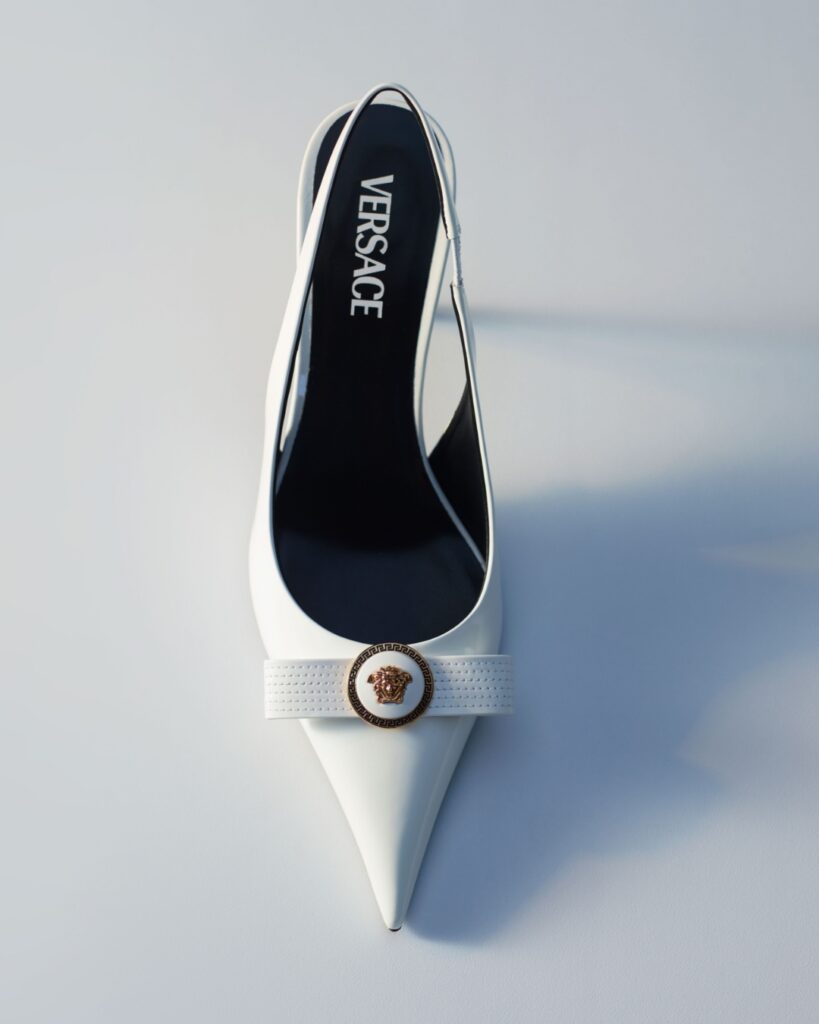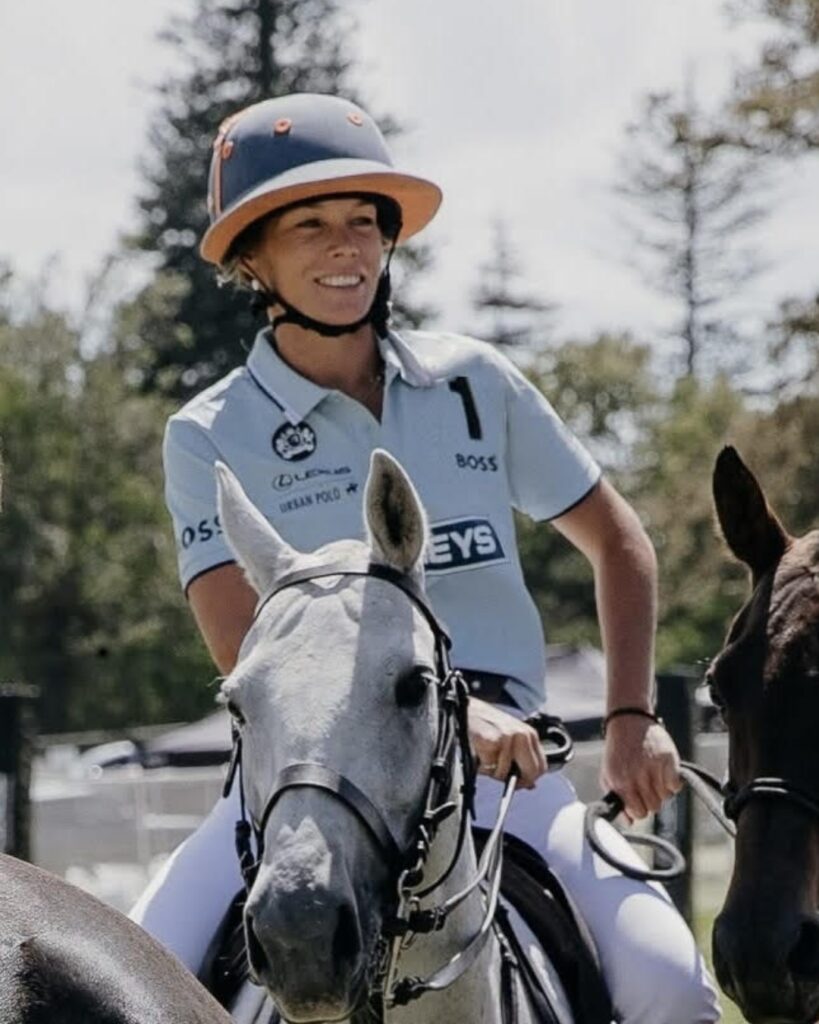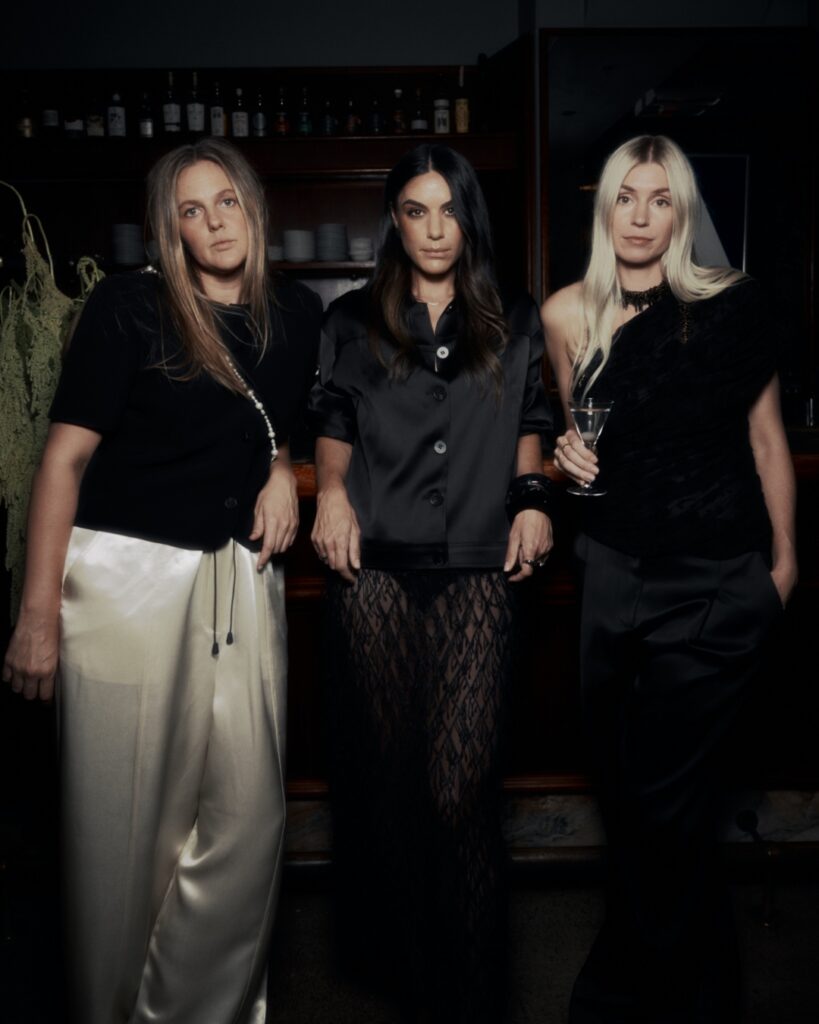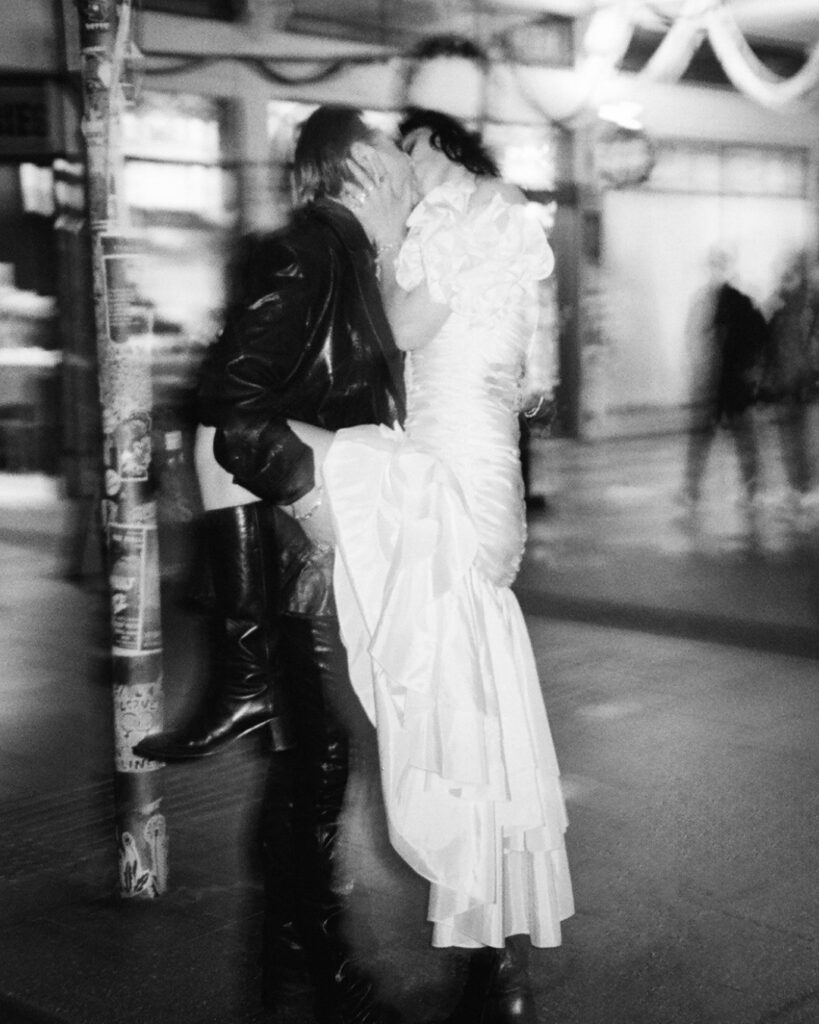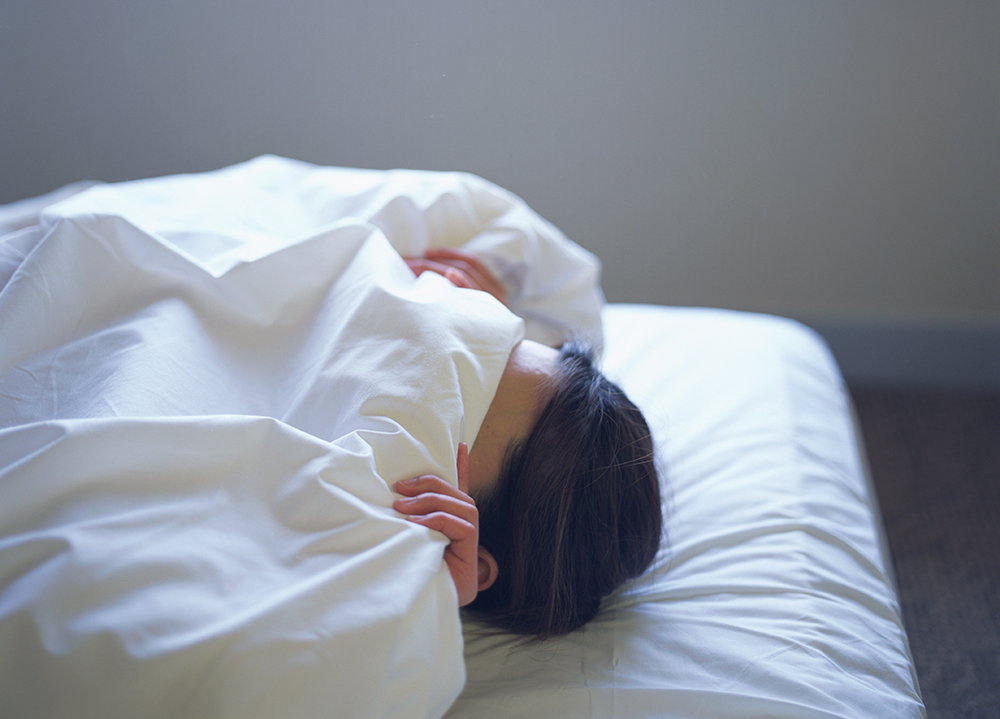
No rest for the introverts.
The issue of sleep is a really difficult one to solve. Those of us trapped in a cycle of sleepless nights know this all too well, of course. So much time is spent trying to work out where we’ve going wrong, because there may just be a ‘right’ way, right?
But when you’ve turned off all phone and television screens guilty of omitting that dreaded blue light, had a long hot bath and given meditation a go, only to find that you’re *still* unable to drift off, the desperate quest for answers only continues – is it that anxiety is causing my insomnia? Does what we eat really have an effect on how easy it is to fall asleep? Are our jobs to blame for that lack of all-important shut-eye? And while different theories might paint a better picture of the things we can do better reach those elusive hours, there is one factor that I for one know I’ve never wanted to consider. What if it’s not a matter of what we are or aren’t doing? What if it’s just down to our personalities?
According to a study by by researchers at Best Mattress Brand, that might be the case. Well, a contributing factor at least. They found that introverts are more likely to struggle to get a sound night’s sleep than extroverts are (sorry, introverts). A thousand Americans had their personality traits determined by the Myer Briggs test (a special questionnaire that’s meant to reveal your most inherent characteristics) before being asked about their experiences with sleep. It turned out that there is some correlation between personality types and both dream content and sleep quality.
When it came to dreams, the study found that extroverts were more likely to dream of ‘active pursuits, such as travelling’, while ‘Introverts were more likely to dream of being unable to influence the world around them’. Sounds plausible in the general sense of the terms. To use one of the most commonly analysed dreams as an example, extroverts have that awful dream about their teeth falling out 14.2 percent less than introverts do.
Looking at the quality of sleep, however, it was found that introverts generally get a worse night than extroverts do. Extroverts were 6.5 percent more satisfied with their ability to sleep through the night and a huge 17.7 percent more satisfied with their levels of energy during waking hours than introverts were, which is quite a dramatic difference. The study suggested that this might mean that it’s not just a matter of personal preference when introverts ‘separate themselves for the outside world’, but rather the effects of having a crappier night’s sleep than their more typically social counterparts might also be to blame.
No rest for the introverts, it seems.
This article originally appeared on The Debrief.


